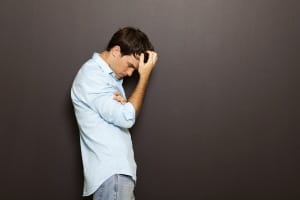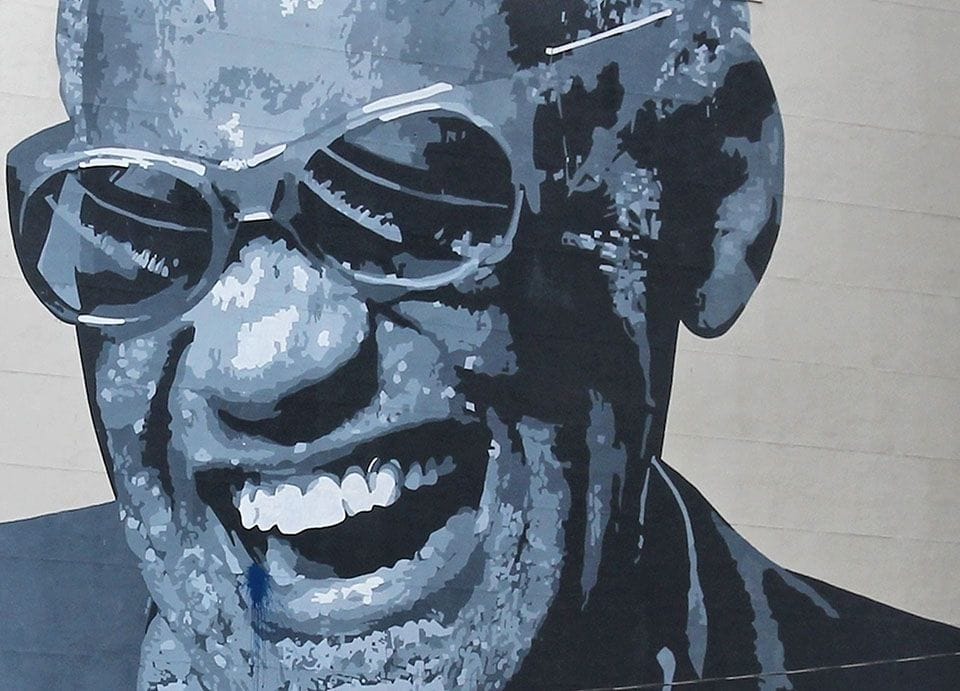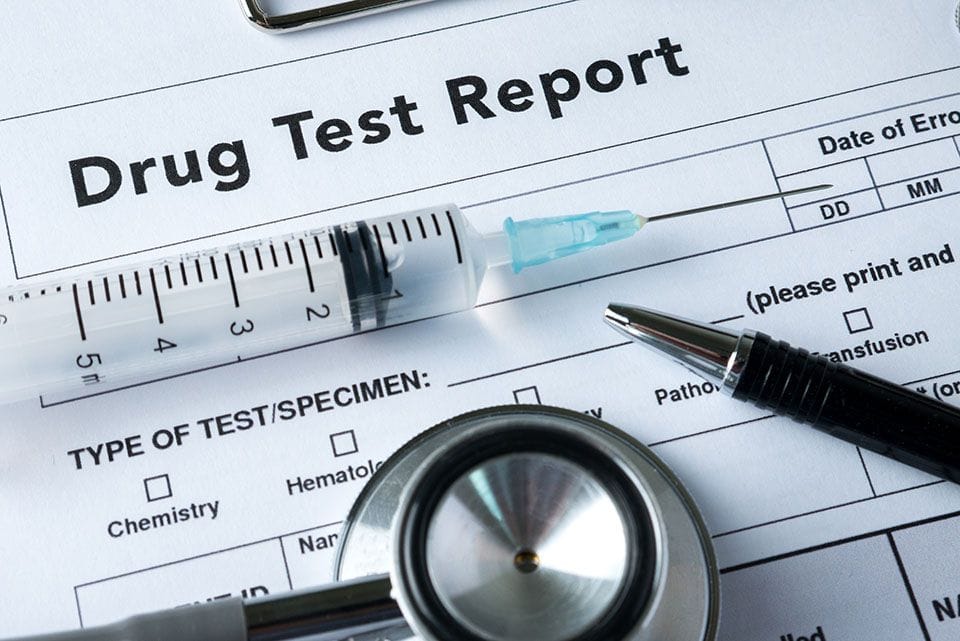In our society, it is commonly accepted for people to turn to alcohol when they are feeling down. In the movies and on TV, the hero or heroine is often portrayed drowning his or her sorrows at the local bar after losing a job, getting a divorce or experiencing another major disappointment. In small doses, alcohol may relieve feelings of stress or anxiety. But drinking heavily as a coping mechanism is often a sign of alcohol abuse or dependence. If you drink when you are depressed, you are probably making matters worse. Alcohol is a depressant, so using or abusing alcohol can cause or intensify feelings of extreme sadness or depression. A depressant is a drug that inhibits the functioning of the central nervous system. Drugs in this category in low doses can lower inhibitions and cause a pleasant feeling of drowsiness and relaxation. In higher doses they can cause confusion, slurred speech and problems with memory and judgment. Alcohol and other depressants have a high potential for addiction. It is clear that there is a link between alcoholism and depression but the question is which causes which? Does alcohol cause depression or does depression cause alcoholism? It appears that the answer is both. There is a connection between alcoholism and depression, and the cause of both may be at least partially genetic. Family history of either substance abuse or depression puts you at risk for developing either problem or both. But genetics aren’t always a factor. Many people develop problems with alcohol or depression when there are no family members who have had these problems. Depression and alcoholism can develop in people of any age, race or gender. In many cases, the symptoms of depression and alcoholism become apparent at the same time, making it unclear which came first or which caused which. For many people, depression occurs before alcoholism. Symptoms of depression may set in during childhood or adolescence. If you are feeling depressed, picking up alcohol or other substances at least temporarily relieves feelings of despair. But when feelings of sadness are ongoing, habitual drinking intensifies these feelings. People who are depressed and cope by drinking heavily intensify feelings of hopelessness and are at high risk of considering or attempting suicide. Alcohol exaggerates negative feelings and impairs judgment, making difficult situations seem more hopeless. If you have been diagnosed with depression and have been prescribed medication to treat your symptoms, abusing alcohol can make prescribed medication ineffective. Attempts to self-medicate with alcohol or street drugs are not likely to work. If your medication isn’t working for you or you are having a problem with alcohol, let your doctor know.
Can Alcohol Abuse Cause Depression?
Alcohol is easy to obtain and is socially acceptable. Drinking to cope with life’s difficulties is often a statement to others that you are consumed with pain. On a short-term basis, it may help you forget your pain. But abusing depressants may ultimately cause depression. Alcohol is no exception. For many people, bouts of depression ensue after bouts of heavy drinking when there were no other life events that might have triggered sadness or depression. Those who indulge in binge drinking may find that their bouts of depression come on right after drinking binges. Symptoms of depression and depressive feelings caused by alcoholism can be exactly the same. It’s important for doctors to consider the possibility that depression has been caused by alcohol abuse before prescribing antidepressant medication. While depression is caused by a combination of factors, in some cases it appears that signs of depression only occurred after problems with alcohol started. Drinking heavily can start a vicious cycle of feeling depressed about your drinking and drinking heavily to relieve your depression. In the end, it isn’t that important which came first – the alcoholism or the depression. The important thing is if you have either or both problems, you should reach out for help from your doctor or a trusted friend or counselor. Both problems can be deadly and neither will go away without help.



